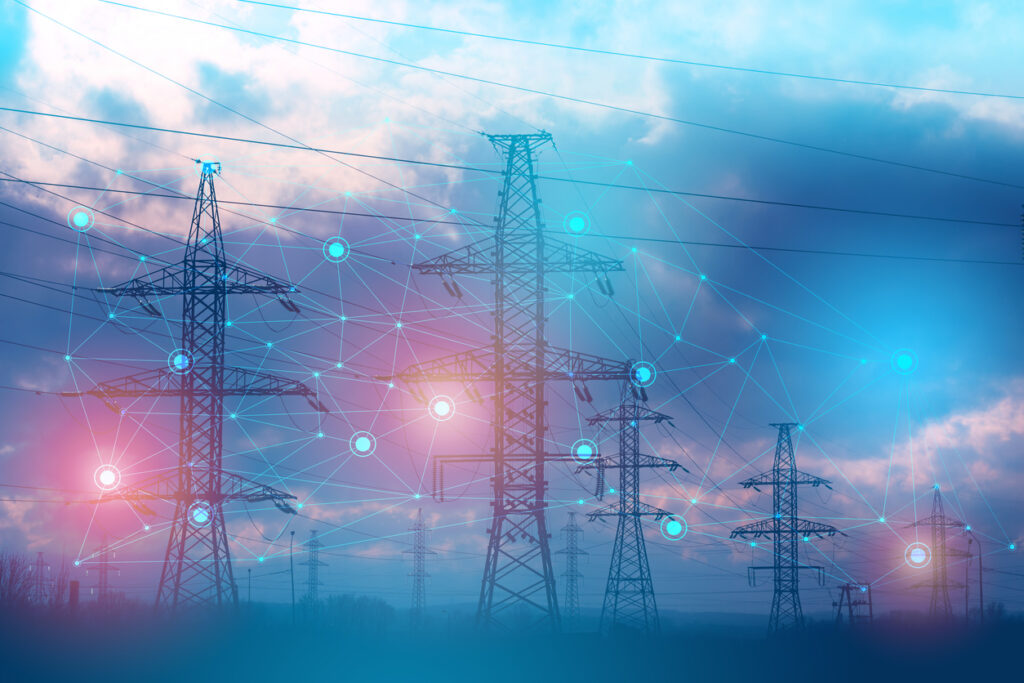(Oil Price) – Will Artificial Intelligence be the downfall of the clean energy transition, or the catalyst that makes it possible? The answer is complicated, and somehow contains a bit of both. Training the large language models that power AI is incredibly energy-intensive, and as models like ChatGPT and DeepSeek become increasingly complex, each individual query can rack up a serious ecological footprint.

Already, the AI boom has seriously compromised tech sector commitments to reach carbon neutrality. Last year, Google admitted that the company’s carbon emissions had skyrocketed by 48 percent over the last five years. Google has pledged to reach net zero greenhouse gas emissions by 2030 but the company concedes that “as we further integrate AI into our products, reducing emissions may be challenging.”
Those rising emissions are going to have widespread impacts on whole communities, grids, and nations. Already, the rapid rise of AI has already caused the fast-tracking of new gas-fired power plants and generated serious concern for energy security in the many countries where data center growth is outpacing energy production capacity.
Plus, planning for AI’s energy needs is an incredibly tall order. The sector is undergoing rapid changes in terms of growth as well as technological evolutions and advancements. Moreover, AI companies are not required to disclose their energy use or environmental impact, and so the vast majority do not. While researchers are working hard to calculate how much energy those companies are using, we still just don’t know for certain – and the numbers are changing all the time.
But some experts think that fears over AI’s runaway energy consumption are overblown. As AI becomes more advanced and more ubiquitous, the spread of automation is expected to make nearly everything we do more efficient. Overall, this could seriously overshadow the energy use of the AI models themselves.
AI will be instrumental in improving some of industry’s most inefficient systems, like materials value chains and biotechnology. “Finding new materials, catalysts or processes that can produce stuff more efficiently is the sort of ‘’needle in a haystack’ problem that AI is ideally suited to,” reports the Financial Times.
Plus, AI will likely be instrumental in the green energy transition itself. Large language models are already being used to look for better models and materials in the burgeoning energy storage sector, for example. In addition, the United States Department of Energy (DoE) has noted that AI could be a critical component of smart grids capable of handling increasing shares of variable energies like wind and solar in our power grids. However, they concede that AI carries significant risks if deployed ‘naïvely.’ Furthermore, “machine learning could help electric utilities improve permitting and siting, reliability, resilience and grid planning,” the DoE report goes on to say.
And, at present, an argument could be made that AI is being deployed ‘naïvely’, or at the very least, with low levels of discretion. And it’s consumers that are footing the bill for all of this early-stage experimentation where seemingly everyone and every sector is just throwing AI at the wall to see what sticks. Consumers across the U.S. – and especially in regions that house a lot of data centers – can expect their energy bills to rise in response.
“We are witnessing a massive transfer of wealth from residential utility customers to large corporations—data centers and large utilities and their corporate parents, which profit from building additional energy infrastructure,” Maryland People’s Counsel David Lapp told Business Insider last month. “Utility regulation is failing to protect residential customers, contributing to an energy affordability crisis.”
There are certainly risks associated with this Wild West era of AI evolution – but the sector will become more sophisticated as time goes on. “It is true of course that, for climate change purposes, cutting CO? today is worth more than cutting it tomorrow,” reports the Financial Times. “But looking at the numbers at stake, if AI facilitated even modest savings on overall electricity use, it would be a net positive for the energy transition.”
By Haley Zaremba for Oilprice.com

